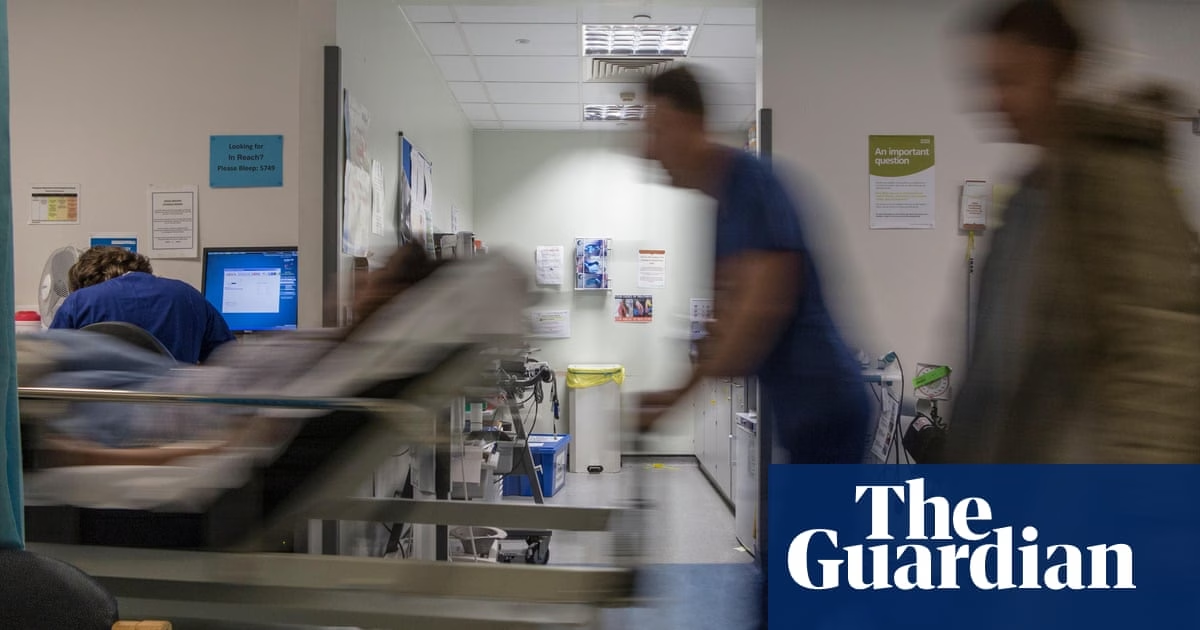In the most disadvantaged areas of England, individuals are nearly twice as likely to be hospitalized due to infectious diseases compared to those in the least deprived areas, according to a significant study conducted by the UK Health Security Agency (UKHSA). The research analyzed NHS and government data to examine health inequalities in England regarding infectious diseases and environmental health risks.
Key findings include:
- People residing in the north-west region of England are 30% more likely to be hospitalized for infectious diseases, with 3,600 hospital admissions per 100,000 individuals from September 2023 to August 2024. This figure is compared to the national average of 2,800 for England.
- The study revealed that inequality is most pronounced in cases of respiratory infections, with an estimated additional 260,000 hospital admissions attributed to inequalities linked to deprivation. Those living in the 20% most deprived areas are twice as likely to be hospitalized for respiratory diseases, seven times for tuberculosis, and six times for measles compared to those from the least deprived areas.
- The research also highlighted significant ethnic disparities in healthcare admissions. Despite low overall tuberculosis admission rates, individuals of black African descent were found to have emergency admissions for the disease 15 times higher than those categorized as white British.
- Inequalities in emergency admissions for infectious diseases are estimated to have cost the NHS in England between £970m and £1.5bn in the 2022-2023 fiscal year.
Responses to the report:
- Prof. David Taylor-Robinson, an academic co-director at Health Equity North and professor of public health and policy at the University of Liverpool, emphasized that deprived communities, particularly in northern England, bear the brunt of health inequalities. He expressed concern over the high number of preventable infectious disease hospitalizations.
- Dr. Leonora Weil, interim deputy director for health equity and inclusion at UKHSA, underscored the importance of addressing these avoidable, pervasive, and preventable health inequalities. She called for action to support communities in achieving better health outcomes.
- A Department of Health and Social Care spokesperson acknowledged the report’s findings as a reflection of the inherited healthcare inequalities and highlighted the government’s Plan for Change to reform the NHS and improve accessibility and equity in healthcare services.
The study emphasizes the urgent need for interventions to address health inequalities, particularly in infectious disease prevention and management, to reduce the burden on the NHS and improve public health outcomes.
Source: https://www.theguardian.com/society/2025/may/02/infectious-disease-hospital-admission-rates-inequalities-england-nhs-ukhsa-study








